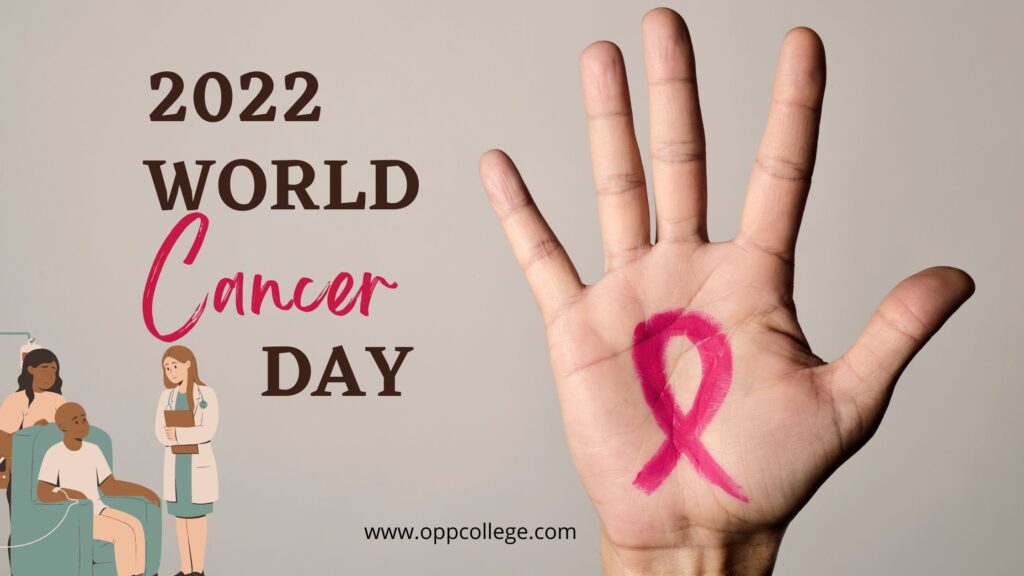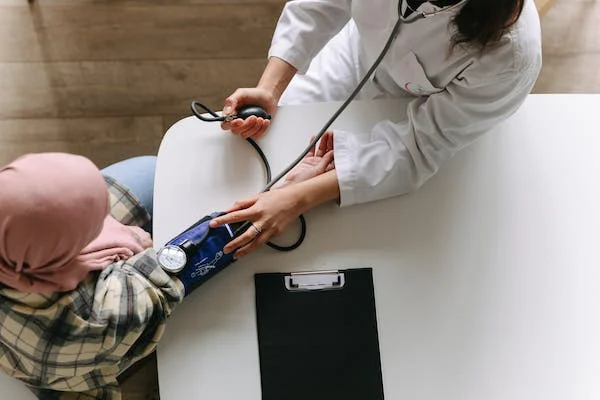
Cancer History
The history of cancer dates back thousands of years, with references to the disease found in ancient Egyptian, Greek, and Roman texts. The word “cancer” comes from the Latin word for crab, due to the appearance of some tumors resembling a crab’s claw.
In the 19th century, advances in medical technology allowed for more accurate diagnoses of cancer, and in the early 20th century, developments in chemotherapy and radiation therapy revolutionized cancer treatment. The War on Cancer, launched by the U.S. government in the 1970s, led to significant advancements in cancer research and treatment.
Table of Contents
In recent decades, the rapid growth of the field of genetics has led to a deeper understanding of the genetic and molecular basis of cancer and has led to the development of targeted cancer therapies that are more effective and have fewer side effects. Despite these advances, cancer remains a significant public health challenge, and there is still much work to be done to improve early detection, and treatment, and ultimately find a cure for the disease.
In recent years, there has been a growing emphasis on prevention and early detection, with an emphasis on lifestyle changes and regular screening tests, such as mammograms and colonoscopies, to reduce the risk of developing cancer and improve the chances of successful treatment.
Overall, the history of cancer is a story of ongoing progress, but also a reminder of the importance of continued research, advocacy, and action to beat this devastating disease.
World Cancer Day: A Global Effort to Raise Awareness and Fight Against Cancer
Every year on February 4th, the international community comes together to raise awareness about cancer and the importance of early detection, treatment, and research. World Cancer Day is an opportunity to join forces, show support, and take action in the fight against cancer.
The theme for World Cancer Day 2023 is “I Am and I Will,” which encourages individuals to take personal responsibility and make a difference in the fight against cancer. Whether it’s making a donation to a cancer charity, participating in a fundraising event, or sharing information about cancer on social media, there are many ways to get involved and make a difference.
Leading a healthy lifestyle is one of the best ways to reduce the risk of developing cancer. This includes eating a balanced diet, exercising regularly, avoiding tobacco and excessive alcohol consumption, and getting regular check-ups. Early detection is key to successfully treating cancer, so it’s important to be proactive about your health and schedule regular screenings with your doctor.
Cancer is a complex group of diseases that affects millions of people worldwide. It is a leading cause of death and one of the biggest public health challenges of our time. The global community is working together to raise awareness and funds for cancer research, and to support people affected by cancer.
World Cancer Day Theme 2023
The theme for World Cancer Day 2023 is “I am and I will.” The theme encourages individuals to make a personal commitment to taking action in the fight against cancer. This can include making lifestyle changes to reduce their risk of developing the disease, advocating for better cancer policies, supporting those affected by cancer, and participating in events to raise awareness and funds for cancer research and treatment.
The theme “I am and I will” emphasizes that everyone has the power to make a difference in the fight against cancer and encourages individuals to take personal responsibility for their role in the global effort to beat the disease. Whether it’s through personal action, advocacy, or support, every individual has the potential to play a part in creating a world without cancer.
Cancer Causes and Prevention:
Causes
Cancer is caused by changes (mutations) in the DNA within cells. These mutations can be caused by various factors, including:
- Inherited mutations: Some cancers are caused by inherited genetic mutations passed down from a parent.
- Environmental exposures: Exposure to certain chemicals and substances, such as tobacco smoke and air pollution, can increase the risk of cancer.
- Viral infections: Certain viruses, such as human papillomavirus (HPV) and hepatitis B and C, can cause cancer.
- Lifestyle factors: Certain lifestyle factors, such as diet and physical activity, can increase the risk of developing cancer.
- Age: The risk of developing cancer increases as a person gets older.
Prevention:
There is no surefire way to prevent cancer, but there are several lifestyle changes that can help reduce the risk of developing the disease, including:
- Eating a healthy diet: A diet rich in fruits, vegetables, and whole grains, and low in processed and red meat, can help reduce the risk of cancer.
- Exercise regularly: Physical activity has been linked to a lower risk of several types of cancer.
- Avoid tobacco: Smoking is a leading cause of cancer and quitting can significantly reduce the risk of developing the disease.
- Limit alcohol consumption: Heavy alcohol consumption has been linked to an increased risk of several types of cancer.
- Protect skin from the sun: Ultraviolet (UV) radiation from the sun is a known risk factor for skin cancer, so it’s important to protect your skin with clothing and sunscreen.
- Get vaccinated: Certain vaccines, such as the HPV vaccine, can protect against cancers caused by viral infections.
- Get regular screenings: Regular cancer screenings, such as mammograms, colonoscopies, and PSA tests, can help detect cancer early when it is most treatable.
While these steps can help reduce the risk of developing cancer, it’s important to remember that cancer is a complex disease and there is still much that is not understood about its causes. However, by making lifestyle changes, getting regular check-ups, and working with a healthcare professional, individuals can take steps to reduce their risk of developing cancer and improve their chances of early detection and successful treatment.

Cancer Treatment:
Cancer treatment depends on the type and stage of cancer, as well as the individual patient’s overall health and medical history. There are several different types of cancer treatment, including:
- Surgery: The removal of cancerous tissue through an operation is one of the most common forms of cancer treatment.
- Radiation therapy: This treatment uses high-energy beams, such as X-rays, to destroy cancer cells.
- Chemotherapy: Chemotherapy uses drugs to kill cancer cells. It can be taken orally or intravenously and may be used alone or in combination with other treatments.
- Targeted therapy: This treatment is designed to target specific molecules involved in the growth and spread of cancer cells.
- Immunotherapy: This treatment helps the body’s immune system recognize and fight cancer cells.
- Hormone therapy: This type of treatment is used for cancers that are hormone-sensitive, such as breast and prostate cancer.
- Stem cell transplant: In this treatment, damaged stem cells are replaced with healthy ones to help the body recover from the effects of cancer treatment.
It’s important to work closely with a cancer specialist to determine the best treatment plan, as well as to consider potential side effects and overall goals of treatment. Many patients receive a combination of treatments, and in some cases, multiple courses of treatment may be necessary.
It’s also important to remember that cancer treatment is a personal journey and the right approach will vary from person to person. Support from family, friends, and healthcare professionals can be crucial in helping individuals manage the physical, emotional, and practical challenges of cancer treatment.
In conclusion, World Cancer Day is a time to reflect on the impact of cancer and the need for continued action and support in the fight against the disease. Let’s come together, show our support, and make a difference.
#IAmAndIWill #WorldCancerDay #BeatCancer.

Good information, thanks for sharing such a good blog. thankyou